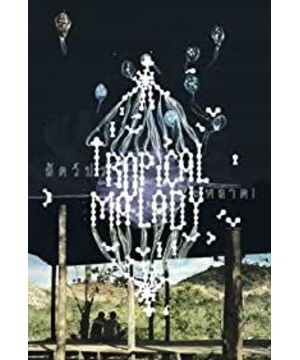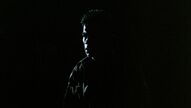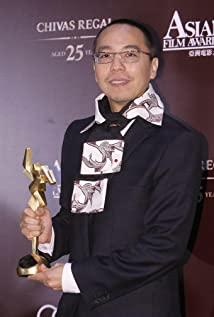A masterpiece by a Thai master (Apichatpong Weerasethakul). The whole film has a very slow pace and little dialogue between characters. Occasionally, some narrations are interspersed in the middle to make some necessary explanations. In this way, the topic of "desire" is discussed with us in a refreshing form. In my opinion, the tiger is a symbol of all kinds of desires, both animals and humans will have all kinds of desires, that's why, their souls will gather in tigers, whether people or animals may be controlled by desire. The story of "little monk meets a greedy man", the hint of the monkey "no matter where you go, the tiger can sense you, kill it, get free, or your soul will be sucked", these are all hints to us Reflection - Don't be dominated by desires. As for the desire of the protagonist soldier KENG, the director chose the theme of homosexuality. In the forest, the naked TONG was transformed by a tiger, deliberately drawing out the desire in KENG's heart. Why can't the entanglement between KENG and naked TONG be regarded as the desire of KENG and his own heart? What about the fight? ! KENG wanders between reason and desire, and in the process of searching for tigers, it is unclear whether it is to kill tigers for the sake of the people or to approach his inner desires. The end of the film gave us another revelation about "desire". The situation between Tiger and KENG, one high and one low, and KENG's monologue all imply that we, KENG, chose to accept and face the desire in his heart, and he was unwilling to let go and Desires between TONGs, why is this not a reminder to us - sometimes there is nothing wrong with facing and accepting the desires in our hearts. And here KENG accepts a same-sex desire, which also makes us feel that this movie holds a positive view on homosexuality.
View more about Tropical Malady reviews









